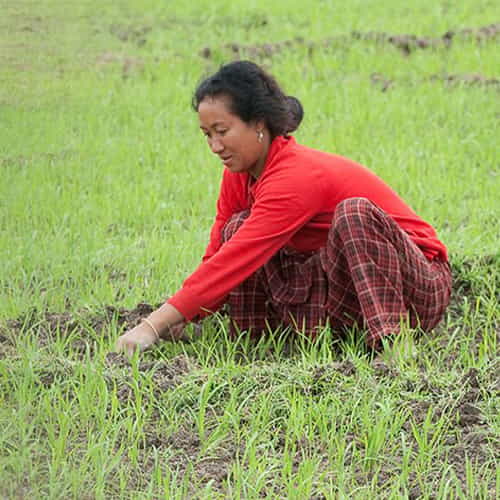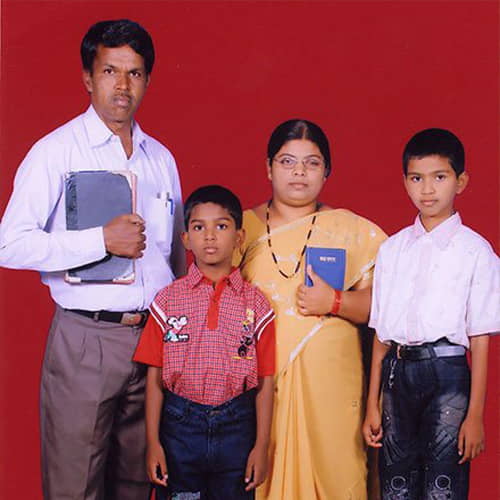Help Us Understand: What Is Exploitation and How Do We Stop It?
What is exploitation? Exploitation includes any form of slavery or abuse that denies human dignity to the individual, such as child labor, child marriage, human trafficking, sexual abuse, sex trafficking and indentured servitude.
The UN Universal Declaration of Human Rights reads, in part,
“No one shall be held in slavery or servitude; slavery and the slave trade shall be prohibited in all their forms,” and, “No one shall be subjected to torture or to cruel, inhuman or degrading treatment or punishment.”1
Any action against any human who does not conform to this standard is a violation of basic human rights worldwide. This answers our question of what is exploitation.
How do we stop this atrocity against children and the vulnerable? All of us must ask these questions as our global economy becomes more and more intertwined between countries. Slavery is not a concept of the past. It still exists all over the world and can happen in both developed and developing countries. Slavery is an insidious form of exploitation that ranges from child labor to human trafficking. And it must be stopped.
On December 2, 1949, the United Nations adopted Resolution 317(IV), titled “Suppression of the Traffic in Persons and of the Exploitation of the Prostitution of Others.” Twenty-eight articles detail the ways in which UN countries can participate in ending these atrocities, from keeping watch on all forms of public transportation to publicity campaigns informing the public. It also helped establish International Day for the Abolition of Slavery.2 3
And yet, the problem persists. The International Labor Organization reported,
“At any given time in 2016, an estimated 40.3 million people [were] in modern slavery, including 24.9 million in forced labour and 15.4 million in forced marriage.”
Additionally, one in four victims of modern slavery are children, which is a startling number that answers what is child exploitation. In the sex industry, 99% of the victims are female.4 These numbers are not declining, especially in human trafficking. Anti-human trafficking organization A21, which helps us understand what is sexual exploitation, reports that more people are in slavery now than in any other time in history.5
People find themselves enslaved through a number of pathways, but the circumstances behind the individuals are often the same. They come from poverty and have extremely limited choices for income generation. They also typically come from generational poverty and illiteracy, though not always. It’s very difficult to rise out of generational poverty. So, when a family is faced with decisions that affect the survival of some or all family members, they are sometimes forced to make desperate choices to bring in income for subsistence.
What is exploitation? Here’s an example:
Kata and her daughter could have ended up part of these devastating statistics.6 Married young, Kata’s husband was both abusive and alcoholic. When he died suddenly from alcoholism, Kata and her daughter became extremely vulnerable to the scenarios that lead to exploitation. She had no support from her in-laws and had to move back in with her parents, who thankfully, in a culture where widows often aren’t received back into their parents’ home and are blamed for their husbands’ deaths, accepted her.
Kata had skills that she developed but not a way to open her own hair salon business. So instead, she worked in the fields alongside her father. It weighed on her that she couldn’t do more for her family. The unexpected loss of her mother added to the weight on her heart and mind. The vulnerabilities in her life left her open to abuse, neglect and exploitation.
Then she met GFA pastor Niket, who shared with her the love and care of Jesus Christ, especially for widows. Kata talked with Niket about Jesus and shared all her concerns with him. He prayed for her and even asked his congregation for a financial gift for her. With the money, Kata purchased tin sheets for roofing and, with her brother, was able to build her salon and start her own business.
Today, Kata runs two businesses, her daughter goes to a good school, and she faithfully follows Jesus, attending church regularly. Kata is thankful for what God has done in her life.
Click here, to read more about this article.
Click here, to read more blogs in Gospel for Asia.Com


Comments
Post a Comment